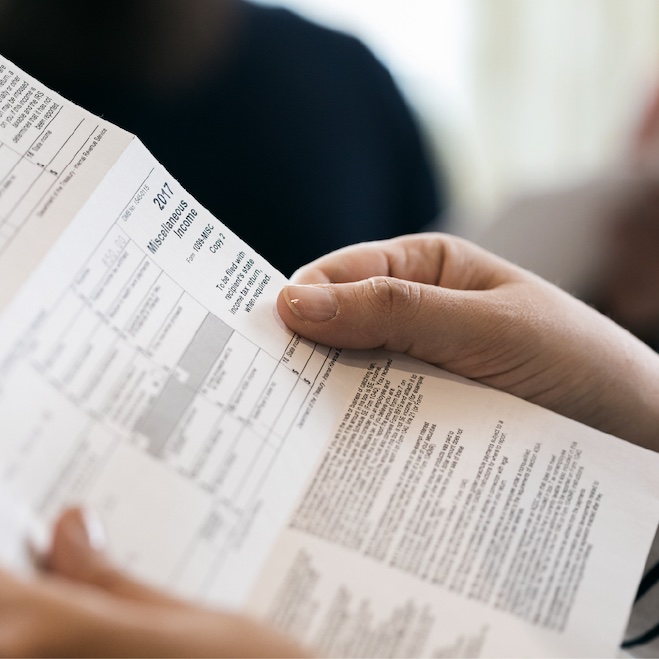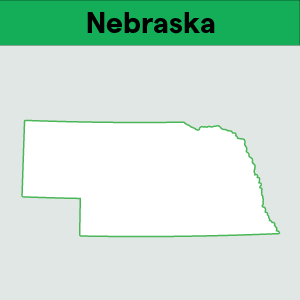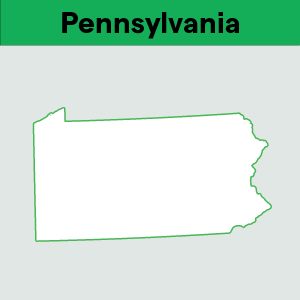How to use a Maine resale certificate
by December 1, 2024
If you’re reselling goods in the state of Maine, you generally don’t have to pay sales tax on your inventory purchases. To receive that sales tax exemption, you’ll need a Maine resale certificate.
This post will take you through the rules about resale certificates for both purchasers and vendors.
How to use a Maine resale certificate
Maine resale certificates are only to be used when a purchaser intends to resell tangible property. A valid certificate must include the name and address of the purchaser. It should also include the purchaser’s account ID or federal employer identification number (EIN). Finally, it must also include the type of tangible goods being purchased for resale.
To qualify for a Maine resale certificate, you must have an active sales tax account and report more than $3,000 of gross sales each year. (If your business is new, you’ll get a provisional resale certificate based on the expectation of meeting those requirements.) Each year, Maine Revenue Services will automatically review tax accounts and reissue a certificate to those who qualify.
If you don’t qualify for a resale certificate at the time of the renewal but later increase your sales, you can petition Maine Revenue Services to reevaluate your account. The petition must include documentation to support the fact that your gross sales exceeded $3,000.
Keep in mind that if you have continuous transactions with a vendor, you’re not required to supply a copy of the resale certificate for each individual sale. You’ll just need to provide one and confirm that you still have a valid certificate for future transactions. When you get a certificate renewal, you’ll provide the new copy to your vendor.
How to accept a Maine resale certificate
If you’re the vendor selling the goods to a reseller, Maine state law says that all purchases of tangible property are subject to sales tax unless otherwise established. That puts the burden of proof on the vendor, not the purchaser. That’s where the resale certificate comes in. You’ll need to receive it at the time of the transaction to relieve you of your duty to collect sales tax. If there’s no certificate, you must collect sales tax on the transaction.
There is also the duty of “good faith” when accepting a resale certificate. Basically, you’re accepting the certificate at face value unless you have knowledge that contradicts it. For example, if you have some knowledge that the purchaser doesn’t intend to resell the goods, you can’t take the certificate in good faith anymore.
Other than that, accepting a Maine resale certificate is pretty straightforward. You will need to make sure the certificate is completely filled out and signed before accepting it. You’ll also need to keep the original certificate in your permanent tax records so you can present it if you’re ever audited.
You can read more about how to use and accept Maine resale certificates on the Maine Revenue Services website.









